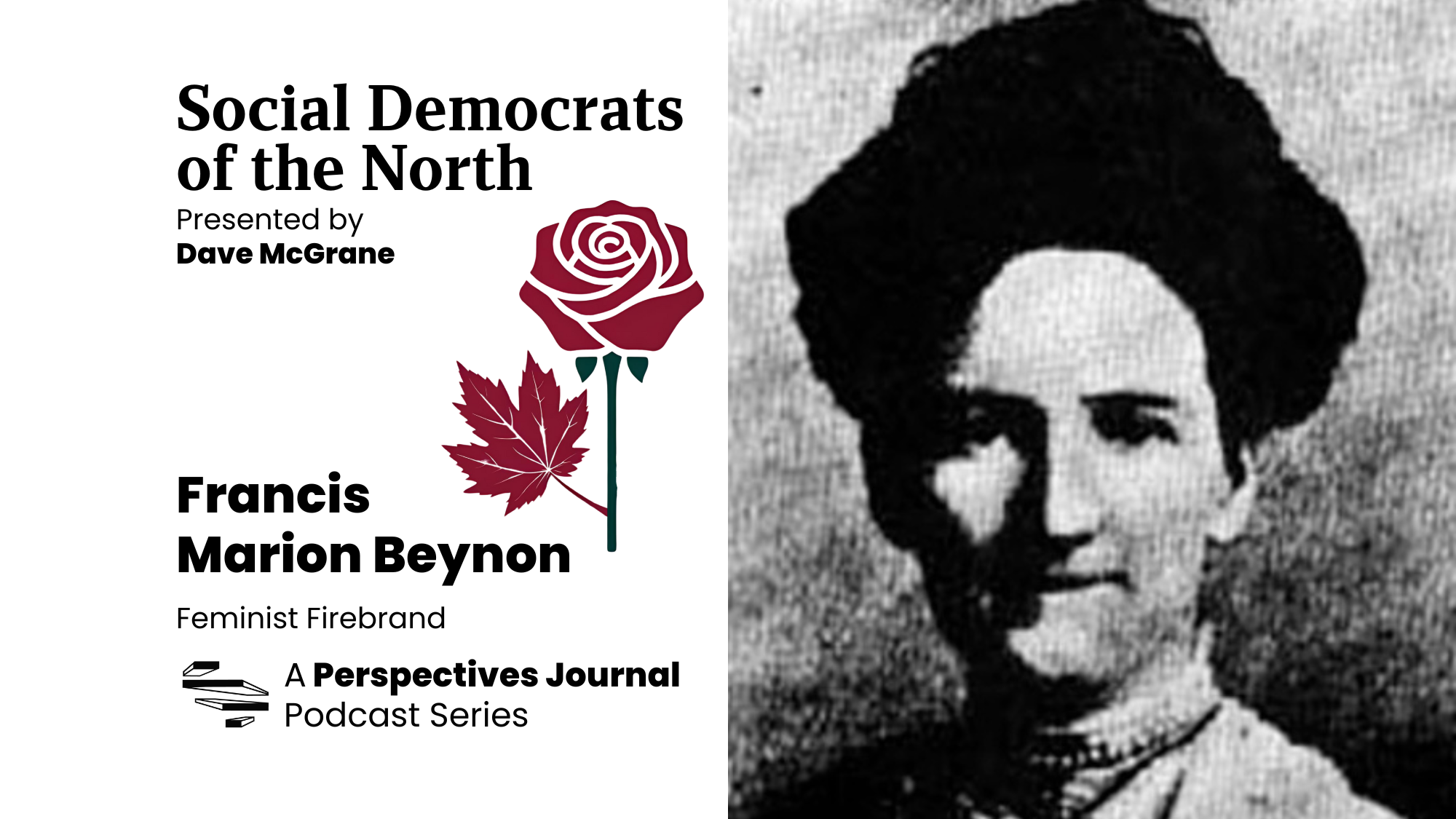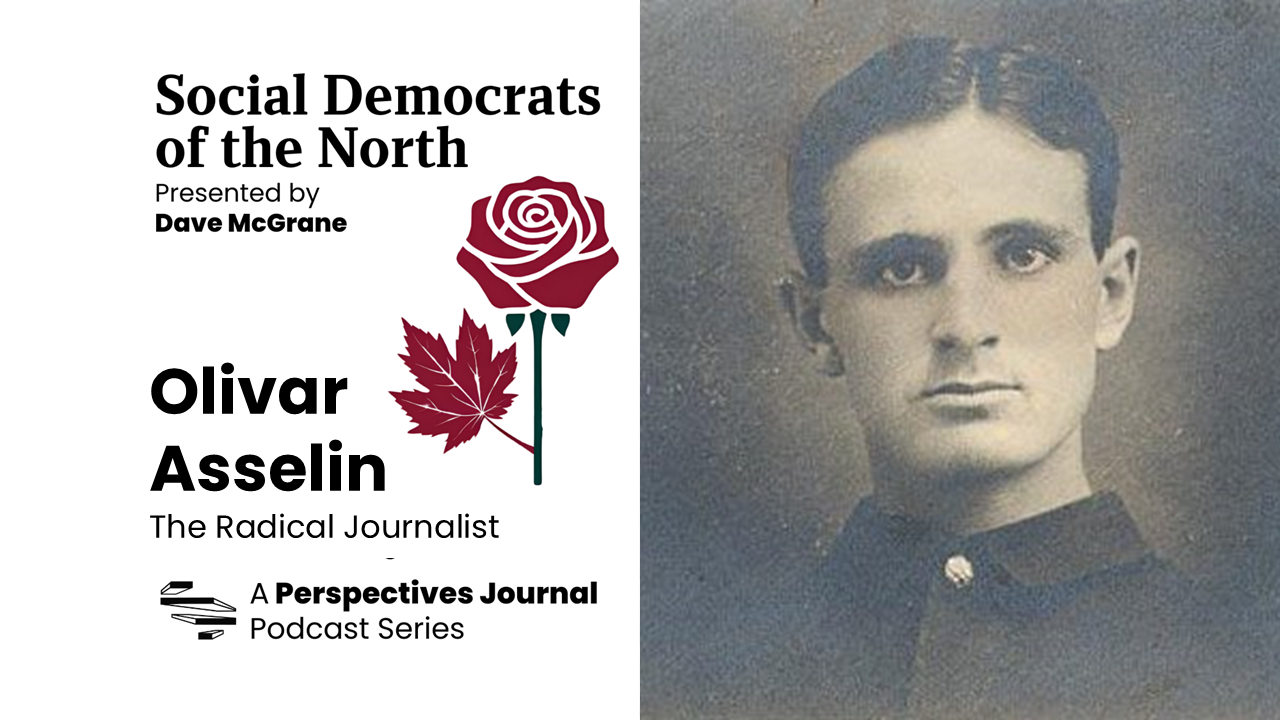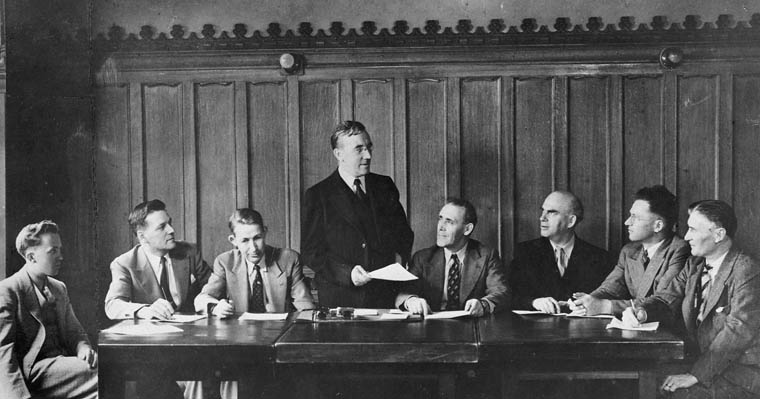The speed, scale and ferocity of racist attacks across the United States in the wake of Trump’s victory are revealing. Doubly revealing, in fact.
First, they reveal what most Black, Hispanic and other people of colour know plainly through lived experience — whiteness, and indeed white supremacy, continue to explain power dynamics in American society. The violence that underpins white supremacy, subtler and blunted at times, is only expressing itself more fully and honestly.
The second revelation emerges from the first, albeit for white folks. Our shock and surprise at the outbursts of racist violence are unfounded, ahistorical, and plainly insufficient. In fact, our very “shock” is evidence of our privilege, our comfortable perch atop the social location hierarchy.
Let me be clear — the repugnance of what is currently unravelling should strike terror in us all. And should be resisted and challenged fiercely and immediately. But white progressives have in large part not differed from most whites in becoming dangerously self-assured that racism had abated, held few people back, and only really thrived on the extreme fringes.
White supremacy is conjured in the mind’s eye as the KKK, or maybe a holdover of the religious rural right. In any event, it is imagined a marginal force unrelated to that “white privilege” thing we can joke about, but only in passing and without doing anything differently.
Trump has now been elected despite (or because of) explicit appeals to white supremacy. In between trips to Saturday Night Live and Jimmy Fallon, he fear-mongered about moneyed interests (dog whistle for Jews), and immigrants, which included calling Mexicans rapists, and making an unequivocal promise to ban Muslims from entering the United States.
The echoes of History ought to have burst our ear drums.
The Trump white lash -normalized at every turn by mainstream media- has put mass deportations of Latin Americans on the table and promises regressive Law and Order policies that will surely further terrorize Black communities. Of course, the normalization of this bigotry over the past year cannot be understood without confronting how whiteness currently operates. It is not about the existence of the emboldened racists at Trump rallies. No. It is about the stunning silence from most white people, progressives included, who didn’t care enough to actively challenge Trump’s pronouncements and fight them at every turn.
There is, of course, a complex tangle of causal explanations for Trump’s election that go beyond race. Prominent voices on the Left like Naomi Klein are writing compelling and plausible accounts of the centrality of the wreckage of neoliberalism, and the Democrats’ disastrous abandonment of their progressive-labour base that Bernie Sanders had so obviously brought to light.
But her account, like many others, falls short. Its call for a resurgent Left remains, in large measure, colour blind or at least colour shy. Racism is acknowledged and deplored but is explained as more of a byproduct of the dark underbelly of global capitalism. The pressing reality? There is no alternative to neoliberalism which does not centre anti-oppression and take intersectionality seriously.
The role of misogyny and rank woman-hatred is another key part of the Trump story. But as many Black feminists have remarked, and feminist writer Lindy West quipped: “We have proof, in exit polls, that white women will pawn their humanity for the safety of white supremacy”.
Not all Trump voters are racists and sexists. But racism and sexism were not breaking points for these voters when deliberating on their vote.
It is now undeniable that we white progressives must dispense with mythologies about cosmopolitan diversity, inclusion and meritocracy in a de-racialized and plural America (or Canada). It’s time to question the tunes of the liberal universalist songbook we’ve sung from for decades. How white supremacy will or will not be challenged on the institutional Left – in progressive movements, political parties, unions, the academy, etc.- is pivotal to whether the Left will be able to counter Trump and the whiteness he represents with a broad and diverse Left coalition.
Will white progressives struggle for anti-racism alongside people of colour, and make it a central strategy and analytical tool in organizing change? Or will we obfuscate and equivocate and provide cover for the privilege we know we accrue through our skin?
The feminist philosopher and critical race theorist Linda Alcoff has put the challenge clearly in her indispensable recent book, The Future of Whiteness. With demographic changes promising to make White Americans a minority by 2050, Alcoff asks whether whites will “adapt to a multiracial, decentralized society in the same basic way that others have, by not assuming a right of presumptive entitlement to political leadership, cultural domination, or comparative economic prosperity — by learning, in short, to share, to take a turn on the periphery now and again…”?
Key to answering these questions is whether whiteness as an identity can be disentangled from supremacy, and from its history informed by subjugating others. It certainly won’t evolve positively if white progressives aren’t leading agents in defining its path.
While this challenge is emerging most acutely in the United States, we’d be fools to ignore the reality of white supremacy and the legacy of our own violent colonial past and present here in Canada. As the historian Tony Judt remarked, the “politics of insecurity are contagious” and already Conservative leadership candidate Kellie Leitch is parroting and praising Trump to appeal to supporters.





